Rayonier 2021 Sustainability Report: Real Estate
Published 12-20-22
Submitted by Rayonier
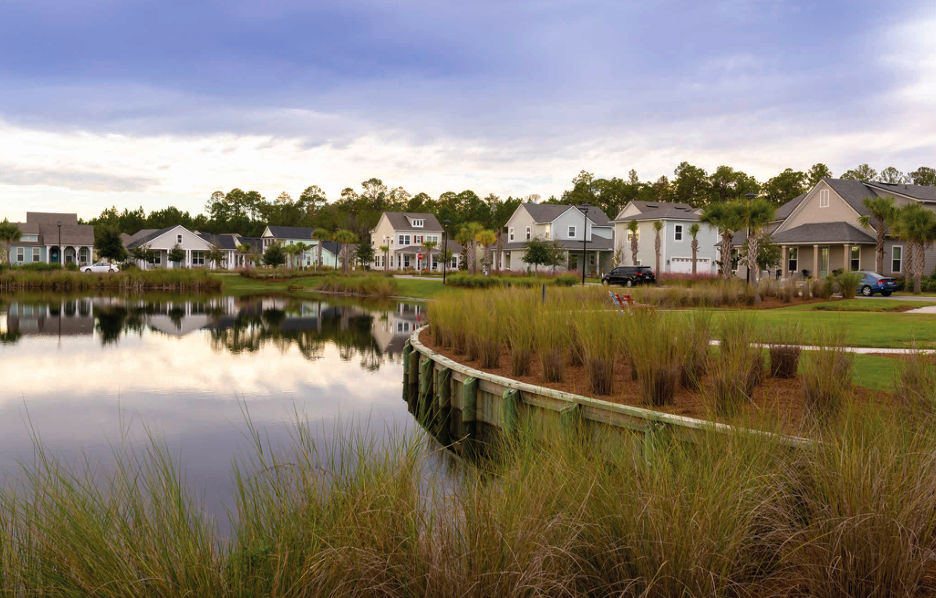
Rayonier 2021 Sustainability Report
One of the biggest threats to global forest resources is ongoing urbanization. While we conduct limited real estate development activities within a very select subset of our lands—such as our Wildlight development project north of Jacksonville, Florida, and our Heartwood development project south of Savannah, Georgia—our longstanding commitment to environmental stewardship does not change when we transition land to real estate development. The large scale and long-dated nature of our community development projects provides us the uncommon oppor tunity to responsibly plan and provide for conservation and other compatible land uses. We are very cognizant of the risk of environmental impact from our development activities and take specific measures to balance the advancement of local economies with the protection and preservation of the surrounding ecosystem.

CASE STUDY: WILDLIGHT CONSERVATION HABITAT NETWORK
Roughly half of the 2,900 acres planned for Wildlight’s first phase of development has been dedicated as a conservation habitat network (CHN).
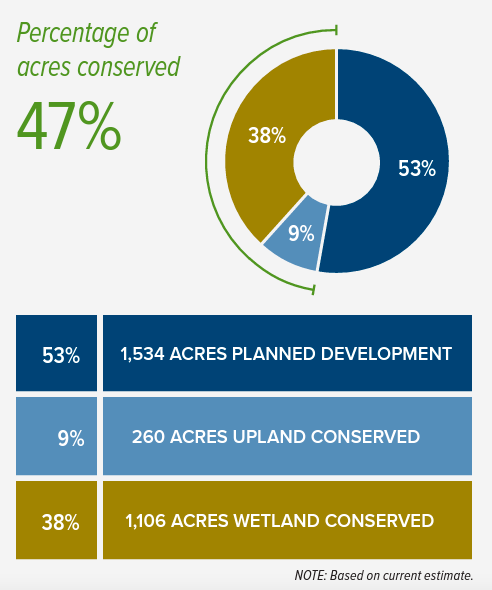
Wildlight’s CHN was designed to preserve a mosaic of wetlands, surface waters, and uplands to provide for landscape connectivity and the perpetual protection of significant natural resources within the project area. The CHN contains large, connected wetland strands and approximately 80% of the project’s mapped 100-year floodplain. The protection of these areas will provide a variety of habitats needed by indigenous wildlife, as well as connect major habitats allowing wildlife to move across the area with limited interference from development activity. The CHN also allows for a variety of passive and nature-oriented recreational uses that area residents can enjoy, including canoeing/kayaking, walking/hiking, and bicycle trails.
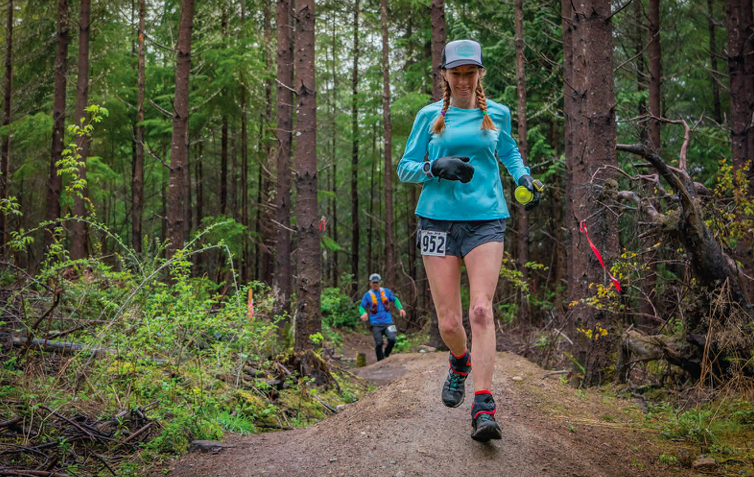
CASE STUDY: PORT GAMBLE FOREST HERITAGE PARK
In 2007, Pope Resources (which was acquired by Rayonier in 2020) proposed the transition of thousands of acres of company-owned forest lands, which had been used by the public for decades, to permanent conservation.
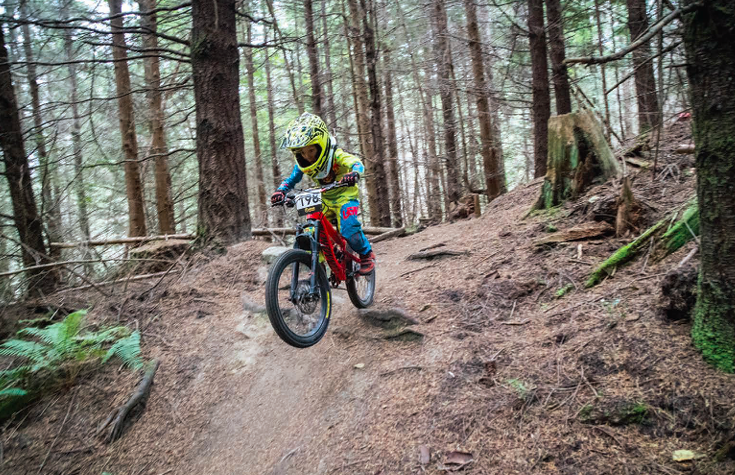
A unique initiative called the Kitsap Forest & Bay Project involved collaboration among Pope Resources (now Rayonier), Forterra, the Port Gamble S’Klallam and Suquamish Tribes, Kitsap County, Great Peninsula Conservancy, and a coalition of state agencies, busi nesses, and community groups. This project led to the addition of multiple properties in north Kitsap County being added to the Port Gamble Forest Heritage Park. Today, the park includes 65 miles of trails and 1.4 miles of shoreline and tidelands. More than 20,000 hikers, equestrians, mountain bikers, birders, runners, and others use the park for recreation each year. Over the next several years, the 3,500-acre Port Gamble Forest Heritage Park will continue to evolve through the addition of trails for walkers, mountain bikers, and horseback riders, as well as outposts for bird watchers. Eventually, the park will be integrated with the Sound to Olympics Trail, a regional trail corridor, and become a segment of the Rails-to-Trails Conservancy’s Great American Rail Trail (GART). The GART, now more than half completed, connects across the entire United States between Washington, D.C., and the Pacific Ocean at LaPush, Washington. We view this project as a major success story and believe it underscores our approach to integrating the natural amenities offered by our timberlands with select development activities.
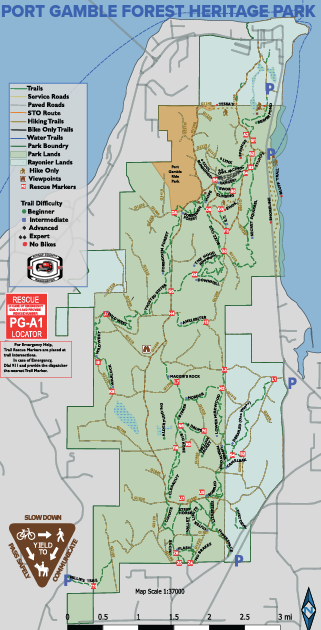
LEARN MORE AT PORT GAMBLE FOREST HERITAGE PARK.
Read the full 2021 Sustainability Report.

Rayonier
Rayonier
Rayonier (NYSE:RYN) is a leading timberland real estate investment trust with assets located in some of the most productive softwood timber growing regions in the United States and New Zealand. We own or lease under long-term agreements approximately 2.8 million acres of timberlands located in the U.S. South, U.S. Pacific Northwest and New Zealand. We are More than trees because we recognize that our 90+ years of success in the timberland industry comes from our people, an empowering culture and the courage to constantly challenge “the way it’s always been done.” Get to know us at www.rayonier.com.
More from Rayonier

